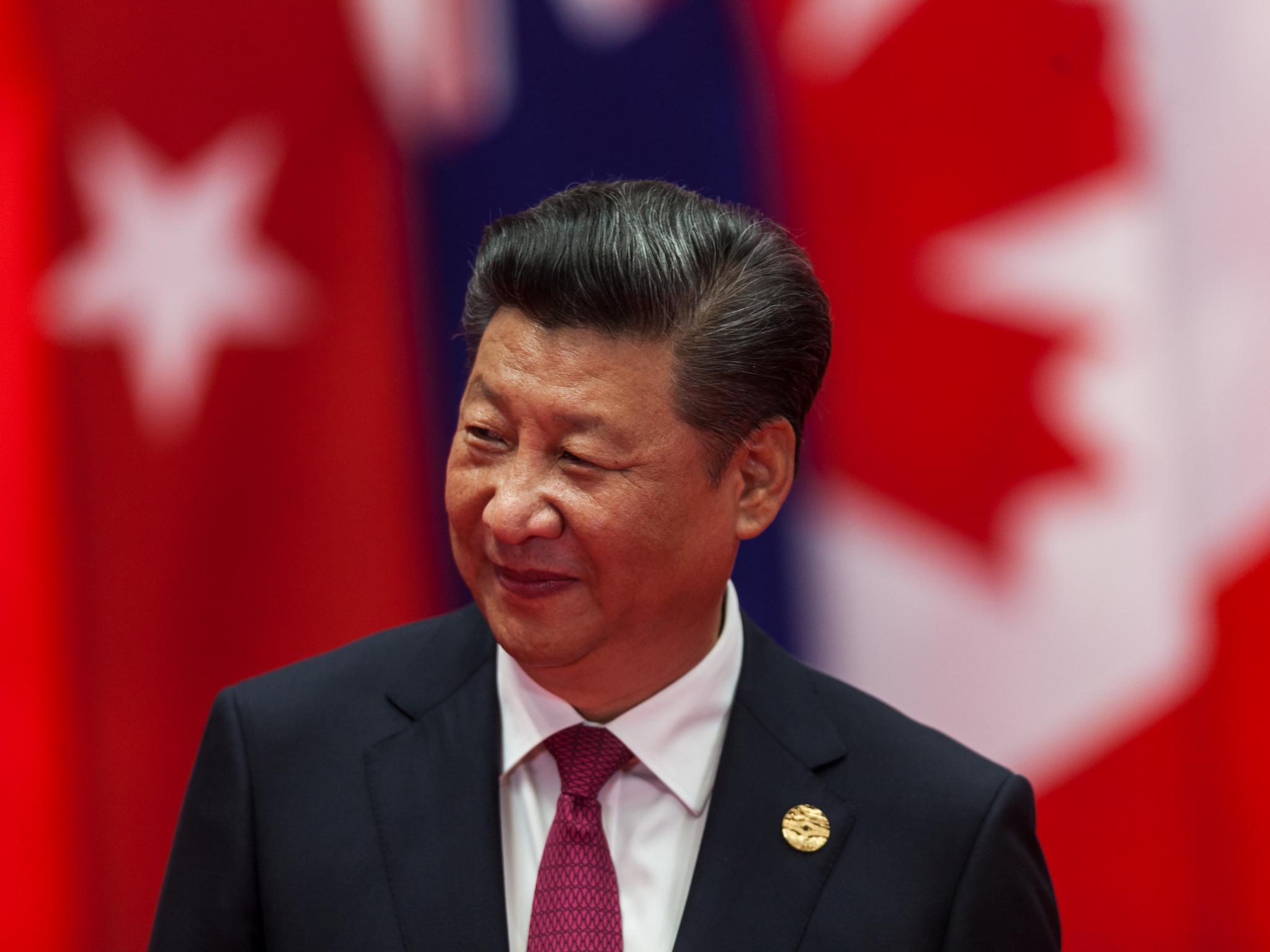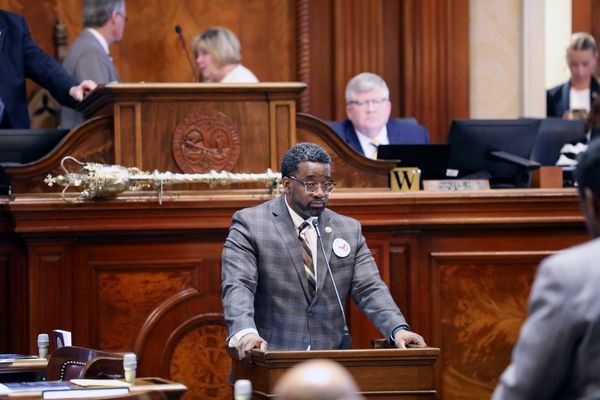
Scenes of a rare but mild (by Western standards) protest against Xi Jinping’s communist government in the Chinese capital were shared across social media Thursday.
Two banners were displayed on the overpass of Sitong Bridge in the northwest of Beijing, where smoke billowed and a voice-recording of the banner’s messages was broadcast by loudspeaker.
"Go on strike, remove dictator and national traitor Xi Jinping," read one banner.
A second translated to: “Say no to Covid test, yes to food. No to lockdown, yes to freedom. No to lies, yes to dignity. No to cultural revolution, yes to reform. No to great leader, yes to vote. Don't be a slave, be a citizen."
See Also: China Censors 'Beijing' On Social Media As Protestors Fill Internet With Anti-Xi-Jinping Content
The Catalyst: On Sunday, the 20th Party Congress is set to begin, where Xi is expected to break from recent political tradition to cement himself a third five-year-term as the paramount leader of the Asian country.
The move goes against norms that were put in place in during the 1980s, where a two-term limit was enacted to avoid one-man rule. China also has a retirement age limit of 68 for its committee members, which doesn’t appear to apply to Xi, who turned 69 in June.
The age limit will apply to all other members of the central committee, however, a rule which is expected to shake up the party's leadership, with nearly half the members expected to be replaced, according to abcNews.
The reshuffling within the government is likely to have little effect on the goals of Xi and his party because the leader has worked relentlessly to crush dissent internally and among the wider population througout his previous two terms.
The Backdrop: Beijing’s zero-COVID policy has been globally controversial and seemingly nationally as well.
The Chinese government has imposed strict rolling lockdowns across the country for the last nearly three years, forcing businesses to halt operations and further restricting the freedom of its population.
The approach has stifled economic growth in China, which Jinping has recently attempted to tackle with quantitative easing.
Politically, China’s refusal to condemn Russia’s invasion of Ukraine could also be instigating opposition.
The “no limits” agreement that was initiated between China and Russian President Vladimir Putin just weeks before the Russian army began its onslaught on its westerly neighbor has pushed China diplomatically further from the West.
Fears China could be watching the events in Ukraine to guide its own decisions on if and how to force a reunification with Taiwan could also be igniting turmoil in China.







